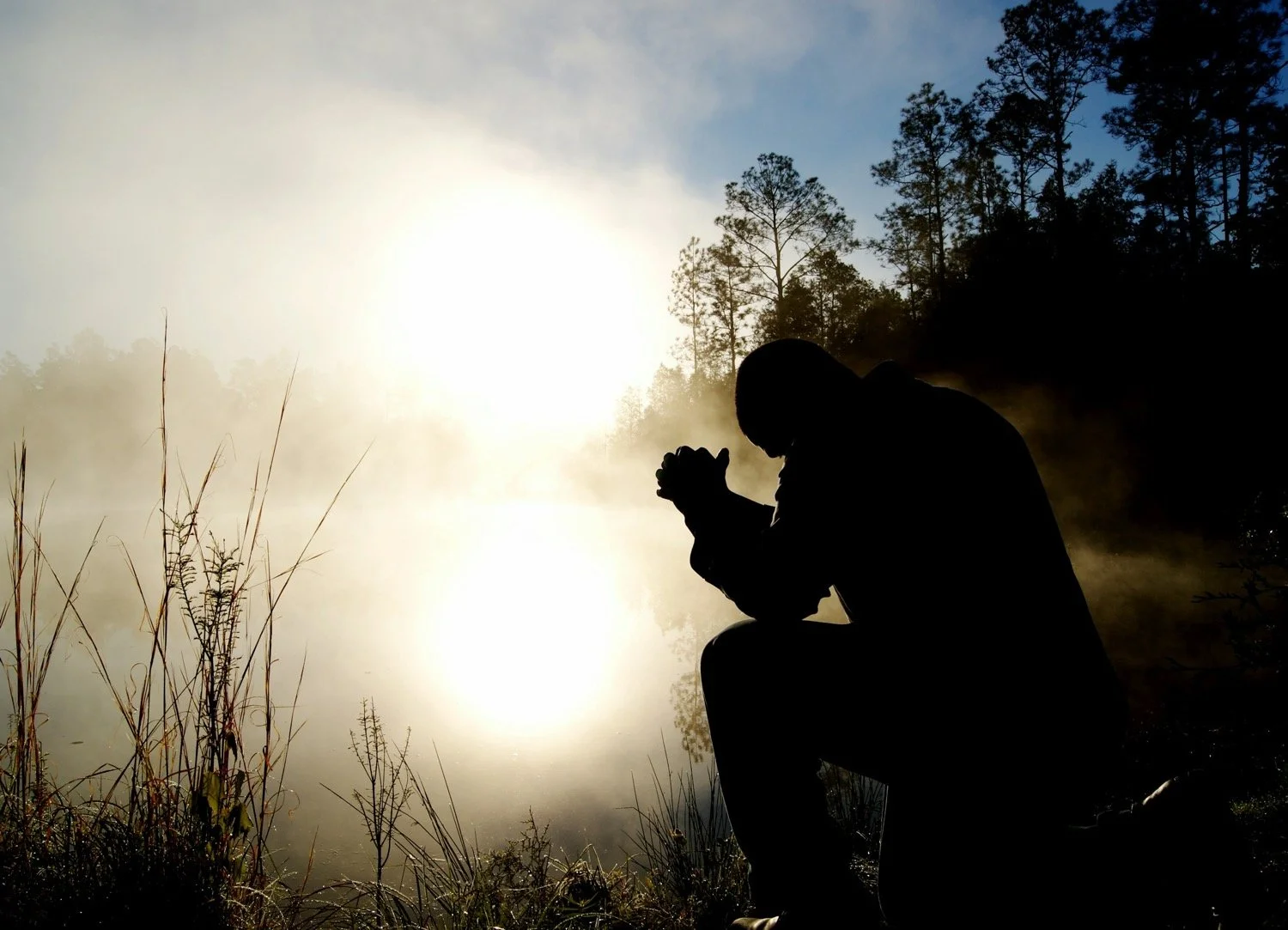Readings for today: Acts 18:19-19:41
The Christian life is a Spirit-filled life. There simply is no other way to live it. It is not just a system of ethics. It is not just another human philosophy. It is not just a man-made religion with all sorts of rules and regulations on how to get to heaven after you die. It is a life animated and empowered by the very Spirit of the Living God. It is a life full of miracles and signs and wonders. It is a life blessed by the Creator and Sustainer and Redeemer of the universe. It is a life that looks like the one Jesus led.
In our reading from the Book of Acts today, we run across a curious story. A gifted Christian preacher named Apollos was proving to be very effective in sharing the good news of the gospel but his message was incomplete. He taught the way of Jesus “up to a point but only went as far as the baptism of John.” (Acts 18:25 MSG) What does that mean? Paul explains it in the very next chapter. John preached a baptism of repentance, of radical life-change, in order to prepare the way of the Lord. John was the last Old Testament prophet sent by God to prepare people for the coming of the Messiah. He was Elijah reborn as it were and God used him powerfully to prepare the soil for the message of the Kingdom of God. John’s message served a particular purpose for a particular season but that season ended with the coming of Jesus. Jesus was the lamb of God who takes away the sins of the world. John himself said he was unworthy to untie his sandals and by clinging to and teaching John’s message, Apollos was actually leading potential believers astray.
Thankfully, Apollos was humble and teachable and submitted to the leadership of Priscilla and Aquila. It made his preaching even more powerful because now he was armed with the message of grace. Grace, friends, is the key difference between John’s baptism and Jesus’ baptism. John’s baptism is a baptism of repentance. It is a baptism based on our desires and our thoughts and our actions. Jesus’ baptism, on the other hand, is much greater and much more profound. It is a baptism based on grace. God’s unmerited favor towards those He loves. God’s unconditional pardon and forgiveness of our sins. God giving us the free gift of righteousness in Jesus Christ. God transforming us from the inside out through the power and presence of the Holy Spirit. This is what those “almost believers” who were responding to the preaching of Apollos had missed and it is what the Apostle Paul corrects when he arrives in Ephesus.
I meet so many believers today who align more with John’s baptism than the baptism of Jesus. They rely more on their own works rather than on grace as they seek to win God’s favor. They come to the end of their lives and they trust they’ve “done enough” or been “good enough” for God. These are all signs we are still struggling to believe rightly about the Christian faith and we still need the Priscillas and Aquilas of the world to teach us the true way of Jesus. The way of grace.
Readings for tomorrow: 1 Corinthians 1-4




